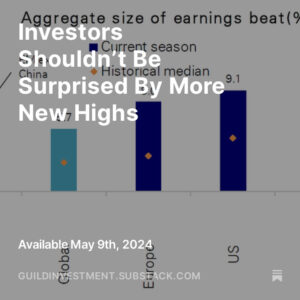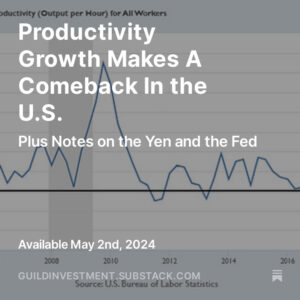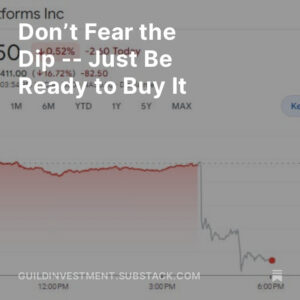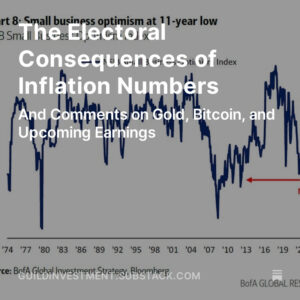In spite of its questionable fundamental foundations, the current rally continues, demonstrating clearly that psychology, not fundamentals, is often the most powerful near-term factor governing market action. There is certainly an element of short-covering at work, besides relief, wishful thinking, and the anticipation — misplaced, we believe — of an imminent Fed pivot to a more dovish stance. When the market rallies because data are “not as bad as feared,” we do not view that as a robust indictor of sentiment.
The big legislation items just passed will have long-term effects and unintended consequences, but for now, the market’s attention will move on to other things. For our part, we are left scratching our heads at the survival of the carried interest loophole, which offers lower capital gains tax rates to the profits received by general partners of private equity, venture capital, or hedge funds. Somehow, certain prominent members of Congress went from being against carried interest to demanding its preservation as a condition for supporting the recently passed Inflation Reduction Act. Congressional self-dealing? Say it ain’t so…
In sum, it reminds us why we prefer deadlocked government to government that lurches from extreme to extreme. The November elections in the U.S. thus take on more significance. Whatever one’s partisan inclinations, the fact remains that lurching government is unpredictable — and unpredictability makes it more difficult for companies to commit the resources that will grow productivity and genuinely strengthen the economy in the long run. This last sentence includes the word productivity. Few metrics are as important to equity market investors, and the trend in productivity looks concerning to us. We will be discussing it in detail in coming letters.
Thanks for listening; we welcome your calls and questions.







